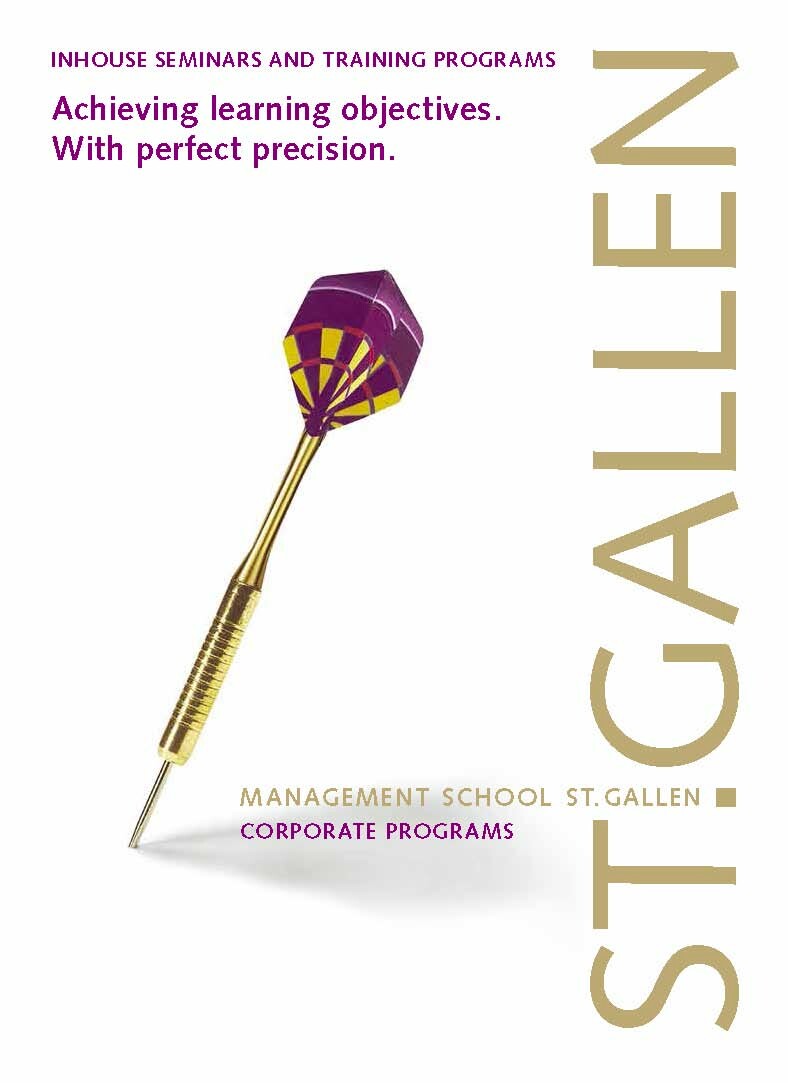Potential conflicts between culture and behavior | How does culture form our values, behavior, perception and communication? What does culture mean in times of globalization?
Perceptions and stereotypes | How do self-perception and social perception diverge? How can you handle your own and external stereotypes?
Different cultures, different ways | How do people from other cultures act? Understanding of hierarchy and rules, relationship management, verbal and nonverbal communication.
Intercultural communication | How do different communication cultures affect business life? What is so fascinating about collaboration with people from other countries?
Satisfied and successful on an international level | International collaboration requires respect, humor and a number of useful strategies.
International teams | Being prepared for teamwork with international colleagues requires self-awareness and social awareness, the ability to develop relationships and understand different concepts of time, written and oral communication and conflict management.
International human resource management | How can international staff be integrated? What preparation do employees need for operations abroad?
Negotiating internationally | How do you prepare for negotiating with international partners? How do argumentation, time management, contracts and social appearance differ?
Leading internationally | How do you lead international staff? Despite different concepts of hierarchy and status, how can you live out an authentic leadership style?
Educating internationally | How are culture and learning connected? What factors are relevant for designing organizational education strategies (socialization, participation, motivation, identification, etc.)?
Presenting internationally | What culturally specific expectations and behavioral patterns affect the audience? How can the character of the presentation (setting, length of lecture, discussion) be ideally matched to the cultural framework?
Applied learning | The topic is illustrated with applied exercises and simulations in which the participants’ individual problems are treated.








